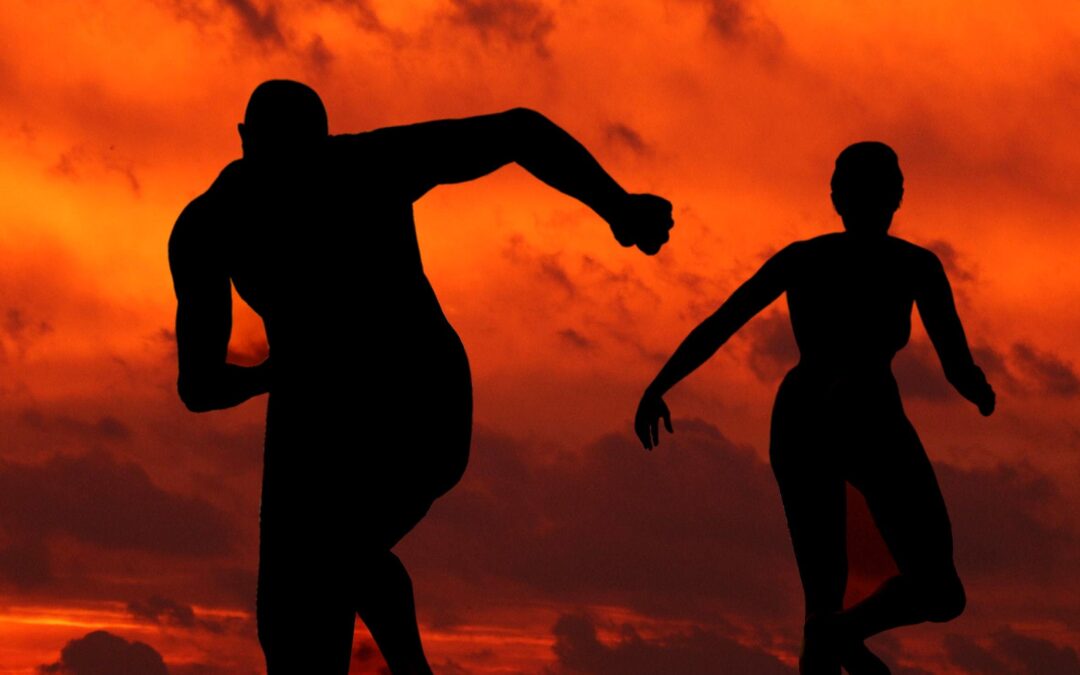It can also be called divine, universal, cosmic will… That is to say a will located beyond the human plane, but expressed through it. The Gnostics call it Epinoia: they define it as “the afterthought of the Father”, carried by the goddess Sophia; in order to rectify the errors of his creation and counter the powers of the archons. Its function is to awaken, to remind men of their divine origins and the unity of the source, to preserve knowledge against ignorance and forgetting.
It is present in each of us, awakens the sleeping and grows through the power of imagination. The Latin term is Numen: meaning divinity, divine presence, divine will. It is the divine power to which everything obeys. This term was taken up by Rudof OTTO and Carl Gustav JUNG to give numinous: it is what grips the individual, what comes “from elsewhere” gives him the feeling of being dependent on a “ other “.
It is a feeling of absolute presence, a divine presence. It is both mystery and terror, it is what OTTO calls the mysterium tremendum. The numinous experience is for him the affective experience of the sacred. In KANT’s doctrine it is the noumenon (opposite of the phenomenal), the noumenal world: the soul substance to which everything is attributed and which cannot know or perceive itself as a substance or a thinking thing .
Theosophical teaching indicates that all phenomena have their roots in the noumenon. The phenomenal world in its entirety is a reflection of the noumenal world. It is the world of Phytagorean unity which makes possible the diversity of the world of phenomenon. In fact, this will is present everywhere and has always been: it is this conscious force animating each of our cells, pushing plants to grow, organizing the dance of the planets, acting in our actions….
All will is necessarily divine, because it is given to men by creation to experience free will. But is it used by our material/egoistic impulses or our aspirations beyond our personality? Everything is possible and authorized, but the second category exercises the will on a higher plane; beyond our minds. Because personal will raises the question of free will. What is our true degree of free will? Are we truly free to choose or are we a prisoner of causality? There are two distinct approaches; – an active human being in control of his destiny. – a passive human being subject to laws beyond him. The part of our personal will (therefore our free will) differs in these two approaches more by their degree than their nature.
Sometimes, personal will seems very limited, even like a wall: our life events seem to follow an imposed pattern. Sometimes our life choices result in ease, success and more. Personal or impersonal will: these 2 wills cannot be exercised separately.
A purely egoistic will forces us to bend reality according to our mind, to block us in the immaturity and hypertropia of our little self. a “only divine” will can lead to total self-forgetfulness, illusion and fanaticism. Wisdom directs us towards the golden mean, where our earthly evolution serves the divine plan, where a resonance is established between human personality and divine impersonality.
The personality is then no longer the master on board, but the servant of the soul. We will never be able to understand the divine plan, much less dominate it! On the other hand, we can enter into a relationship with him thanks to our will.

